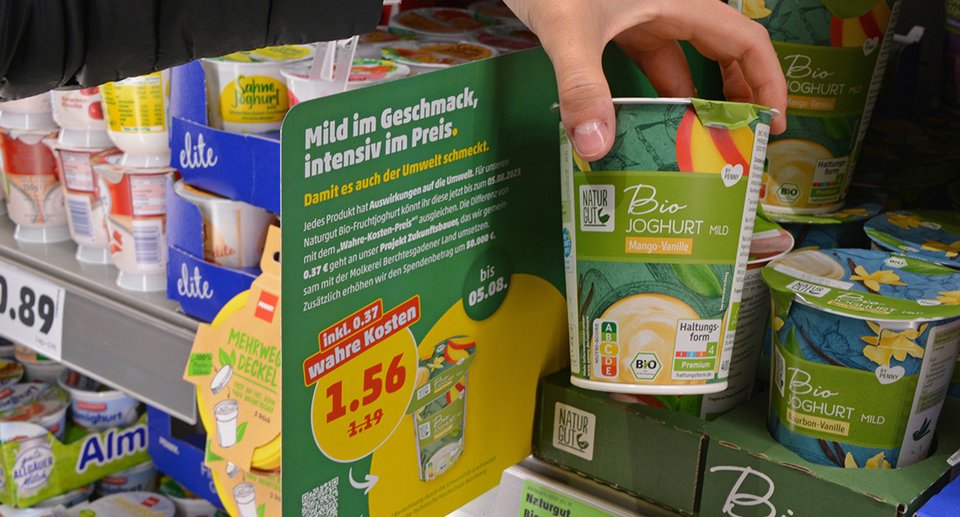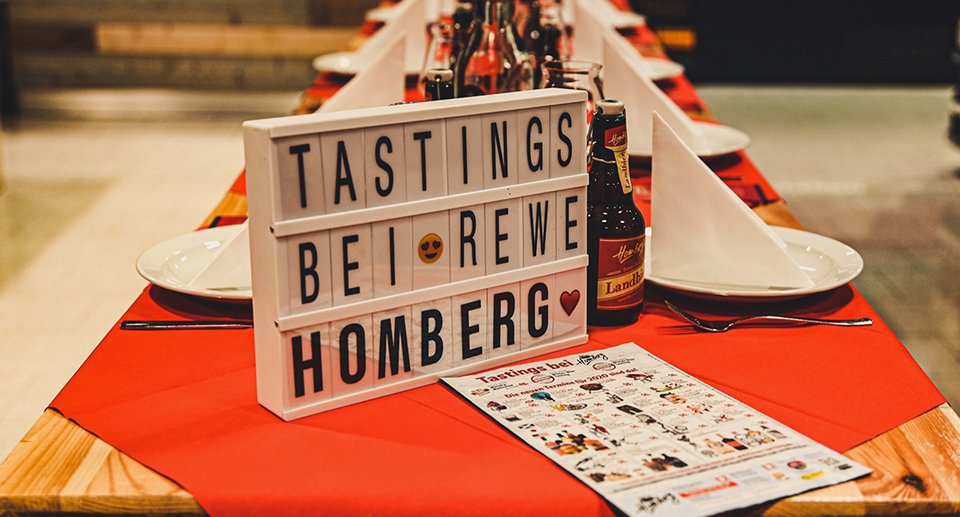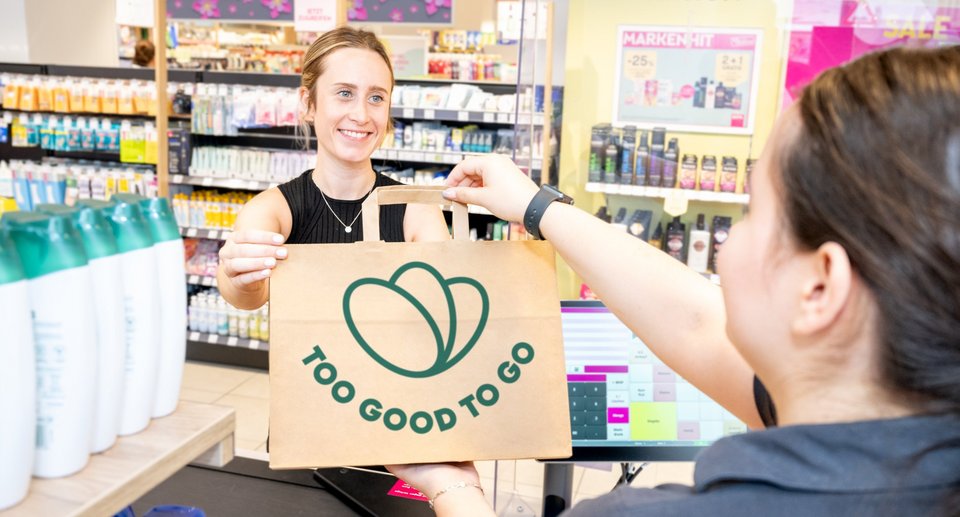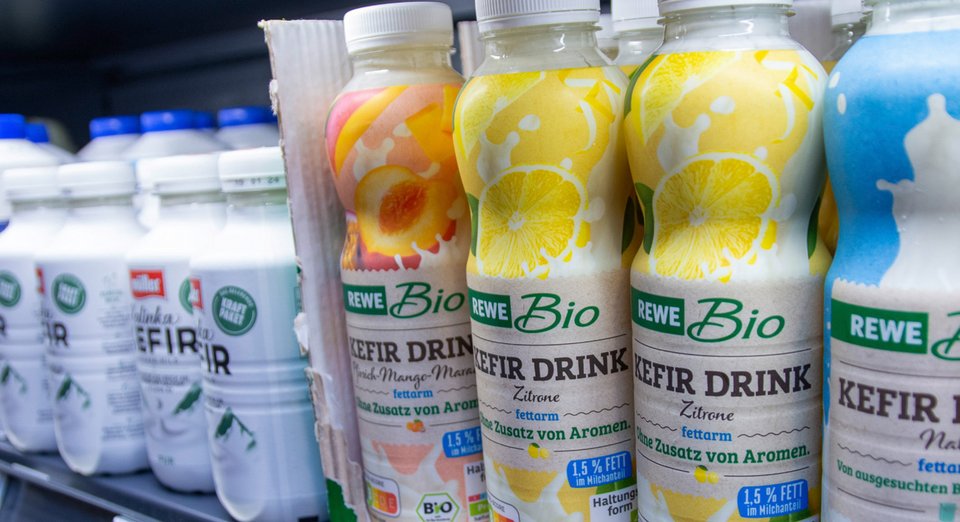
At the start of the new year, the one-way deposit will also be extended to plastic bottles for milk and dairy products. Consumers can deposit the empty packaging in the reverse vending machines as usual.
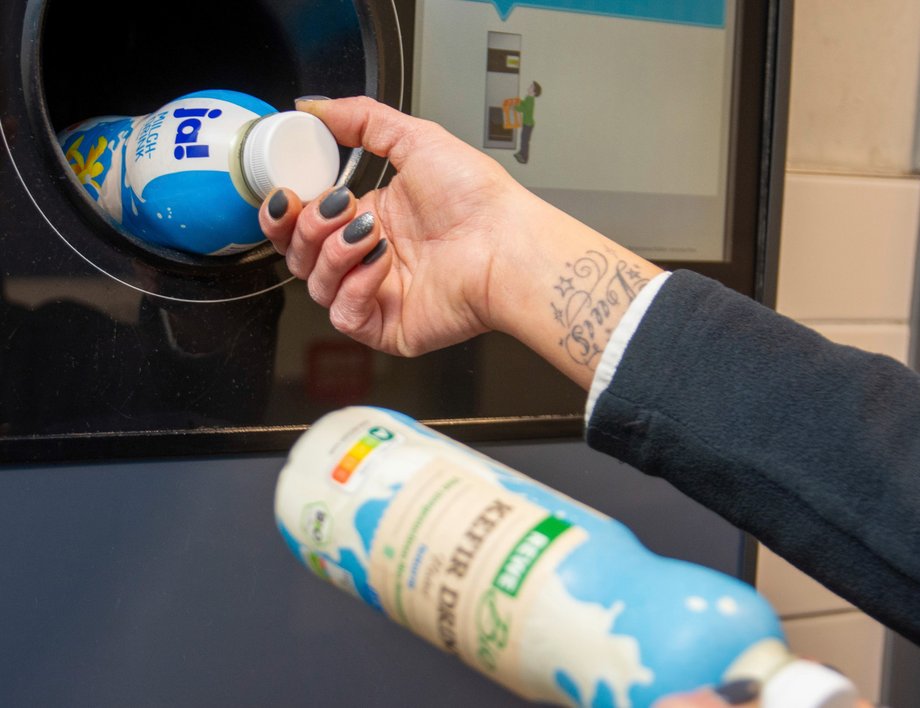 Soon a familiar sight at the deposit machines: At the beginning of the year, milk and mixed milk drinks were added to the list of products requiring a deposit.
Since the beginning of the year, empty plastic bottles of milk and dairy products have also been subject to a deposit throughout Germany. This means that, in addition to milk, the regulation also applies to cocoa, coffee drinks, kefir and yoghurt. Customers can return empty bottles wherever disposable plastic bottles are sold, for example at REWE and PENNY.
Soon a familiar sight at the deposit machines: At the beginning of the year, milk and mixed milk drinks were added to the list of products requiring a deposit.
Since the beginning of the year, empty plastic bottles of milk and dairy products have also been subject to a deposit throughout Germany. This means that, in addition to milk, the regulation also applies to cocoa, coffee drinks, kefir and yoghurt. Customers can return empty bottles wherever disposable plastic bottles are sold, for example at REWE and PENNY.
The deposit obligation has been extended to single-use plastic packaging since 2022. There was a transitional period for milk and dairy products due to the fact that milk bottles have to be cleaned particularly hygienically when they are returned. The deposit logo has now been mandatory on these plastic bottles since 1 January. According to the Federal Environment Agency, non-compliance can be an administrative offence and punishable by a fine.
What is the Packaging Ordinance?
The Packaging Ordinance regulates the avoidance, recycling and disposal of packaging waste. It was enacted in 1991 to reduce the environmental impact of packaging and promote the circular economy. For more than 20 years, we consumers have therefore been paying the so-called one-way deposit. For a long time, only beer, lemonade and water in cans or plastic bottles were affected, but the legislator last extended the range of beverages two years ago. In 2022, single-use plastic drinks bottles and all drinks cans became subject to a deposit. Only dairy products were previously exempt.
How does the mandatory deposit work?
The mandatory deposit for dairy products in disposable bottles has applied to milk, mixed milk drinks and dairy products such as yoghurt, quark or cream packaged in disposable plastic bottles since 1 January 2024. Manufacturers or distributors must charge a deposit of at least 25 cents per bottle for these products. Consumers can return the empty bottles at reverse vending machines.

